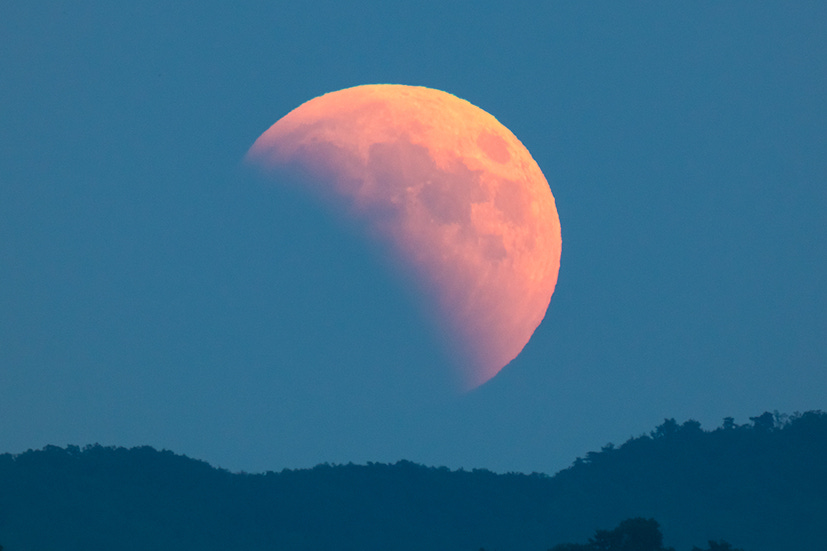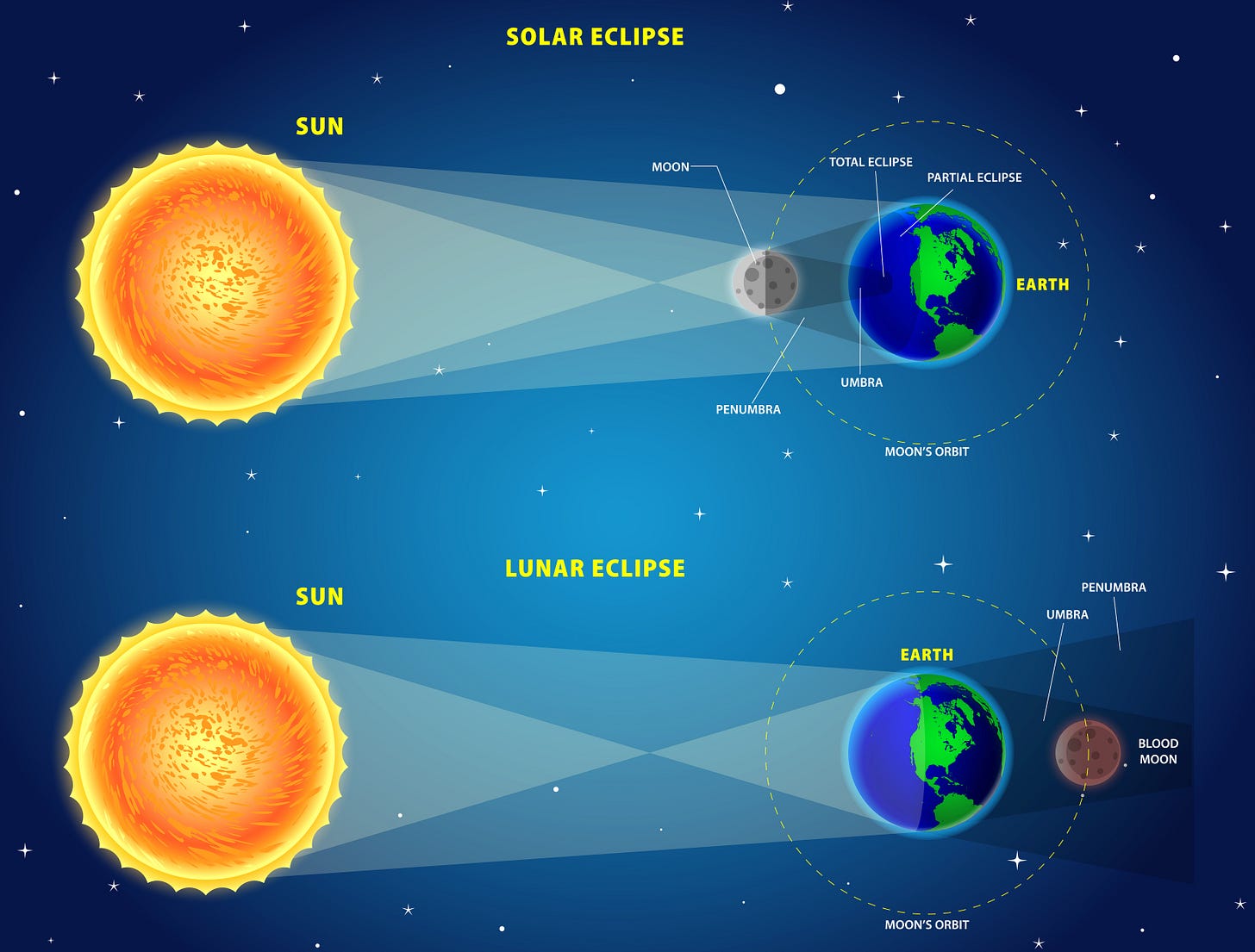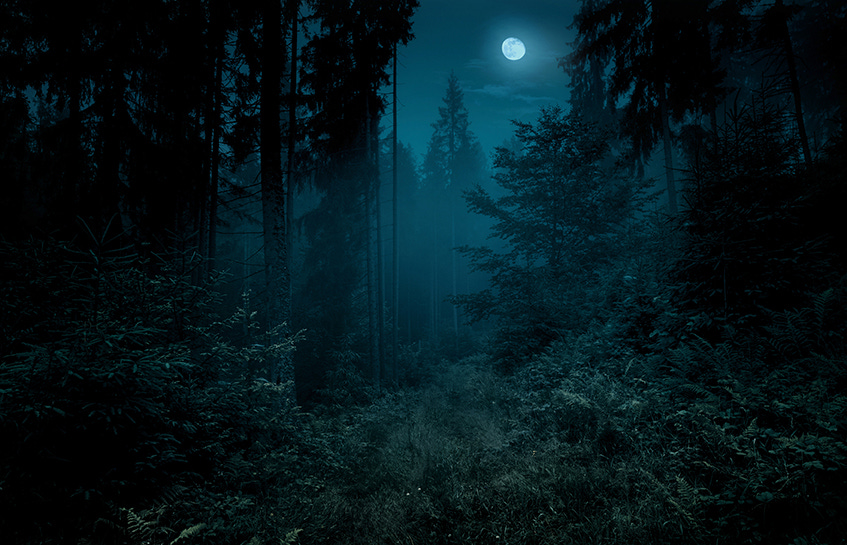Eclipses and How To Manage Them
There are two eclipses coming up in September, and since astrologers differ in their interpretation of eclipse effects, I’m going give a brief overview of my own ideas about them for my regular readers. I’m making this a separate post so I don’t have to keep repeating myself in my posts about eclipses every time they roll around.
They roll around about every six months, usually as two consecutive lunations (new and full Moons), sometimes three. They happen when the lunation occurs close to the Moon’s nodes — the points where the orbit of the Moon crosses the ecliptic. I’m not going to do a deep dive into the astronomy — you can find that here — I just need you to remember two things:
The north and south nodes are always directly opposite each other on the ecliptic, hence they are also directly opposite in the Zodiac. That’s why I refer to the nodal axis. This axis moves backwards (clockwise) through the Zodiac.
Both lunar and solar eclipses involve shadows. In a solar eclipse, Moon’s shadow crosses Earth’s surface, in a lunar eclipse, Moon is shadowed by Earth.
Here There Be Dragons
In the traditional Hindu system of astrology (and adopted into modern astrology), the nodal axis is conceptualized as a dragon, with the North Node known as the Dragon’s Head, and the South Node as the Dragon’s Tail. The dragon symbolism is useful in understanding the effects of eclipses.
The Dragon’s Head (Rahu in Sanskrit) is seen as point of taking in external energies, such as food. It can also breathe fire onto its surroundings. North Node eclipses tend to bring issues of nourishment and manipulation of the material world — be it skillful or inept — into high focus.
The Dragon’s Tail (Ketu in Sanskrit), as you may have already imagined, brings the results of what was taken in at the head. Releasing what remains after nourishment has been digested is part of the South Node symbolism. So release and loss are associated with this node.
What is often forgotten in this symbolism is reptile biology. Also at the tail end, reptiles lay eggs — all of the carefully packaged nourishment and DNA needed for a new birth. But an egg requires nurturing warmth and careful tending to mature, and the gifts of a South Node eclipse often include a need to serve and care for another in order to bring something — whether a living being or a creative endeavor — to fruition.
Any eclipse is either a North Node eclipse (Moon close to the NN) or a South Node eclipse (Moon close to the SN). How close the Moon is to the node is one of the things that determines the strength of an eclipse.
Interpreting Eclipses
How eclipses are interpreted varies widely. Some Native American tribes, for instance, believe that AEAB — all eclipses are bad — and insist that one should be sure to be indoors during an eclipse. I’m told Tibetan Buddhists believe that eclipses empower magic exponentially, but most traditional and many modern Western astrologers believe it’s a terrible time for magic, and difficult in general. South Node eclipses are traditionally thought of as more problematic than North Node eclipses.
My experience has been that eclipses are destabilizing and often trigger a reset in some area of our lives. They block light, bringing shade and shadows. This is not necessarily bad and can, in fact, be helpful. While the unstable atmosphere is not great for operative magic (unless you are willing to roll the dice and see what happens, or you’re a highly trained Tibetan monk) it can be helpful for magic intended to trigger internal shifts and seeking insights that can be life-changing.
The chart of the moment of an eclipse tells us its likely effects. There is no widespread agreement on how long the effects of an eclipse will last, and astrologers have different ways of calculating this. But assuming 6 months for a lunar and a year for a solar works pretty well. You’ll want to watch for future transits to the eclipse point which can trigger events.
Managing Eclipse Energy
How an eclipse will affect an individual depends on several factors. A solar eclipse, as a New Moon, tends to bring new beginnings, while a lunar eclipse (Full Moon) tends to bring things to fruition. Regular New or Full Moons are a gentle nudge. Eclipses are a shove in a direction you might not have considered or want to go. So pay close attention to synchronicities and other messages from the Universe around the time of the eclipse to see what areas of your life may be changing.
(If you have some astrological knowledge, you’ll want to look at what house in your chart will be hosting the eclipse, and also if the eclipse conjuncts or opposes any planets or points in your chart. Then use that information to help plan the best way to respond to any given eclipse.)
Keep in mind that when things are destabilized, change is almost guaranteed. If you are paying close attention to what’s going both around you and within you and being strategic about your actions, it’s possible to steer the inevitable changes in a better direction — or at least avoid a crash.
Don’t assume eclipses will bring problems. They bring change. How any given eclipse will affect you depends on your natal chart and other planetary patterns at the time of the eclipse.
Prior to an eclipse, take some time to envision what you want your life to look like, and what changes need to happen for you to get there. Then make a plan. But don’t just make one plan — you’ll want Plans B, C, and maybe D and E too. Remember we are in a time of rapid and often unexpected changes, so, especially under a shadowed sky, we need to stay flexible.
Because things are in flux during an e,clipse, it can be difficult to make solid, informed decisions. The shadowy aspects of these powerful lunations can also affect our mental state. Maybe we don’t have enough information, or resources, or strong emotions are affecting our judgment. Make your plans, but try to put off finalizing important decisions during eclipse season.
Eclipses on the Global Stage
“These late eclipses in the sun and moon portend no good to us”
~ Shakespeare, King Lear, Act One, Scene Two
Mundane astrology is the astrology of world affairs — politics, culture, environment, science, and governance — and eclipses have always been considered by mundane astrologers to be of great importance to the collective.
Not infrequently, I’ll see someone spouting off on social media that astrologers should “stay out of politics. That’s not what astrology is about.” The arrogance of telling strangers what they can write and the ignorance of history in that statement astonish me.
Astrology has been used for centuries by rulers and the wealthy for prediction. “Should we go to war?” “Will the crops flourish or fail?” “Will the peasants revolt?” “What is the best time for this campaign speech/royal procession/foreign policy effort?”
And just like personal astrology, mundane astrology can be used to make more insightful decisions and interpret the needs of the collective, which can be helpful to anyone who works with or influences the public. Eclipses are part of both the predictive and interpretive process. Using the signs and aspects, as well as the house position in relevant charts, astrologers can help with timing and getting a broader perspective on the zeitgeist.
Also like personal astrology, events and outcomes can be steered in a more positive direction using astrological insights. Unfortunately, that rarely happens on a collective scale given our cultural dismissal of astrology, so eclipses and other planetary patterns often manifest in more problematic ways on the larger stages of the world.
For astrology students who want to learn more about eclipses, I can recommend Celeste Teal’s book “Eclipses: Predicting World Events & Personal Transformation” and Judith Hill’s “Eclipses and You: How to Align with Life's Hidden Tides”.






